“If we were to teleport to any point in history, like the discovery of fire, the creation of the steam engine or the creation of electricity, I think the discussion would be the same, about the double-edged sword of technology. Technology empowers people, but with that power comes danger,” said Fei-Fei Li, a Chinese-American computer scientist who laid the foundations for image recognition artificial intelligence (AI).
Phi-Fei Lee is Sequoia Capital’s inaugural Professor in the Department of Computer Science at Stanford University (USA) and a member of the National Academy of Engineering. She also served as a Vice President at Google and Chief Scientist at Google Cloud. Over the past two decades, she has led research in AI, machine learning, deep learning, and computer vision.
In 2023, she was named to the TIME100 list of "most influential people in AI".
Women pioneers in AI
During her PhD at the California Institute of Technology, Lee made important contributions to the “one-shot learning” technique, which has made its mark in the AI community. This technique can make predictions based on very small amounts of data and is very valuable for applications related to computer vision (processing and understanding information from images and videos ) or natural language processing (understanding and generating human language).
In 2007, Lee made a huge breakthrough in the field of AI by developing ImageNet, a system that helps computers recognize millions of images and describe the world around them. At the time, the project was met with skepticism. One colleague even said it was too ambitious and ahead of its time.
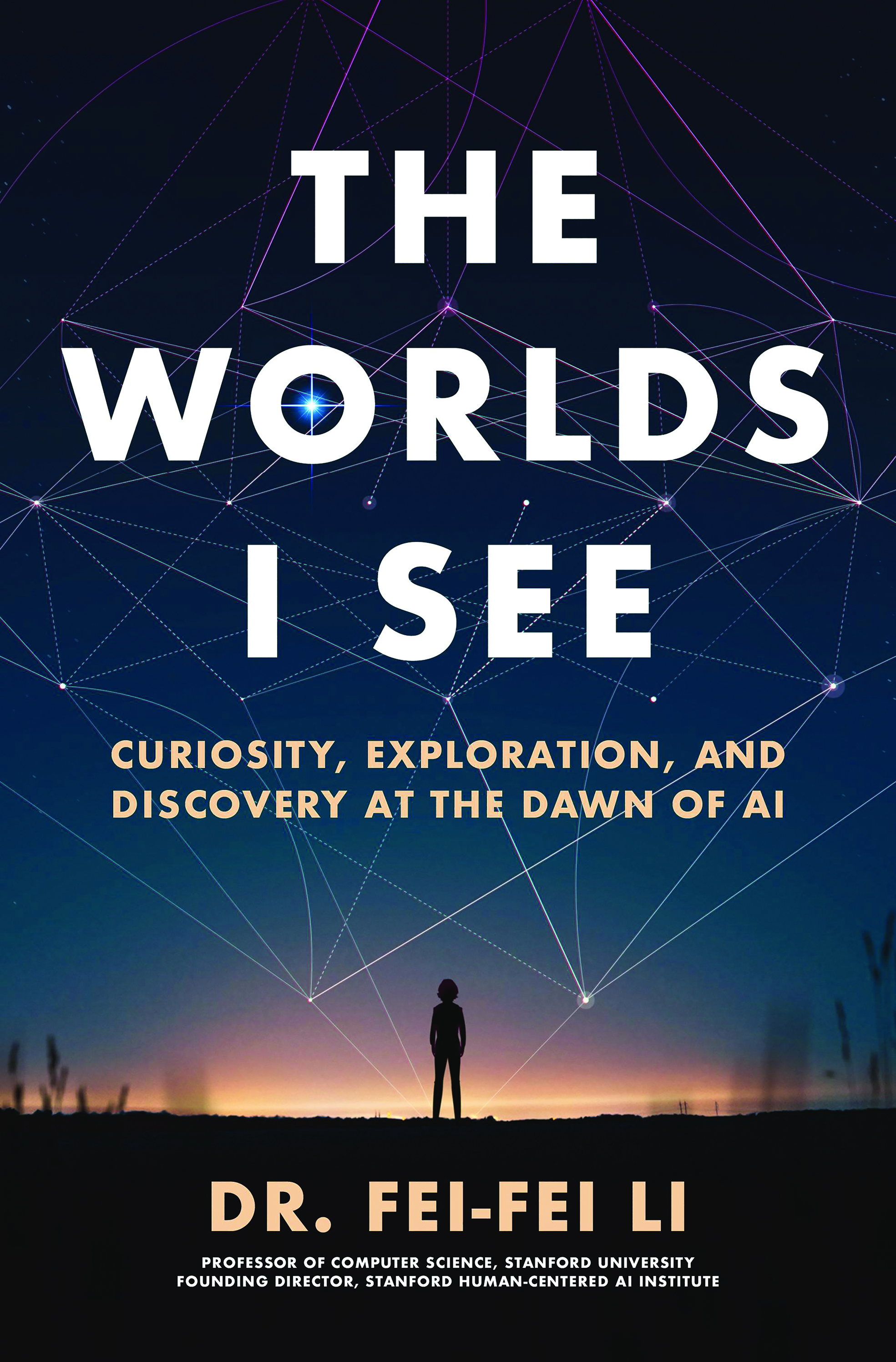
Memoir “The Worlds I See”
By 2012, ImageNet was feeding data into AlexNet, a deep learning neural network algorithm developed by researchers at the University of Toronto. AlexNet was not only a groundbreaking model in the field of AI, but also fueled the development of many other AI models, such as ChatGPT today.
"I don't want to give control to AI. It will be used by humans and the power belongs to humans."
Lee Phi Phi, American computer scientist
In 2017, Phi-Fei Li founded the nonprofit educational organization AI4ALL, which offers Stanford AI Lab courses to high school students. AI4ALL is also committed to encouraging young women and minority students to explore and choose computer science as a future field of study. Last November, Li published her memoir, “The Worlds I See.”
"I'm shy and not good at expressing myself, but I still wanted to publish books because the AI field cannot lack the voice of women," she shared. In her memoir, Li recounts her initial difficulties and her migration from China to the US when she was 16, as well as her journey to reach the top in the technology field. Life in a foreign land is completely opposite to the fullness and prosperity in her homeland. During her time in college, Li did many odd jobs such as working at her parents' laundry shop and working shifts at a Chinese restaurant for $2 an hour.
Overcoming difficulties, perseverance and hard work helped her receive a scholarship to Princeton University, where she studied Physics, before earning a PhD at the California Institute of Technology.
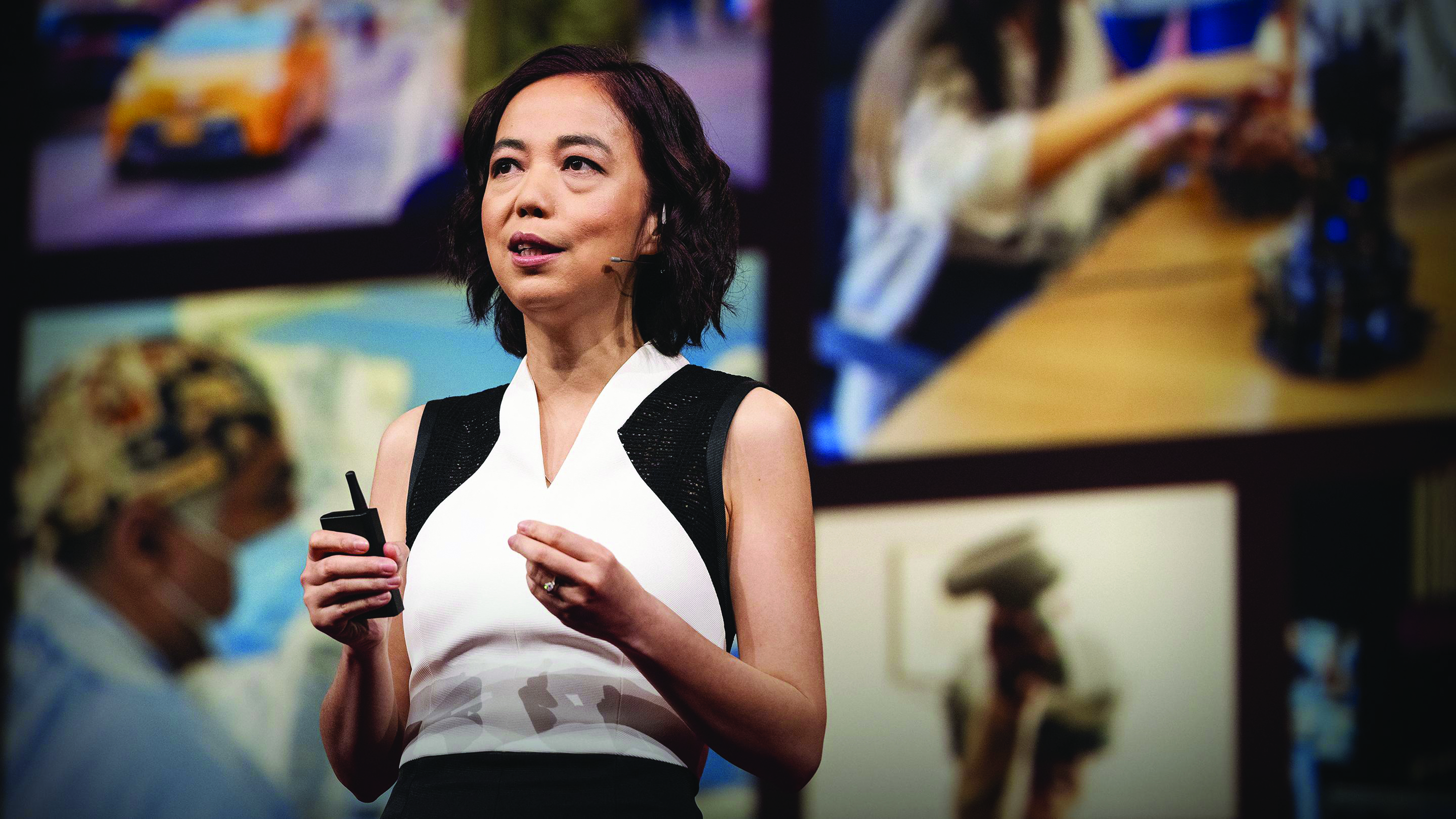
Ms. Lee Phi Phi gave a TED talk in April 2024.
Join the "race" to commercialize technology
At a time when women in the tech industry were underrepresented, Ms. Lee made an even bigger impact by building an AI startup called “World Labs,” worth billions of dollars in just four months. Her company focused on creating “spatial intelligence” in AI, with the goal of creating near-human-like processing of visual data. The project promised to be a breakthrough, helping AI better interact with real-world environments and develop more sophisticated autonomous systems.
“Curiosity drives us to create image recognition machines that are as smart as humans, if not smarter,” Ms. Lee said in a TED talk in April 2024.
In an interview at the Bloomberg Tech Summit in May, Lee suggested that pessimism about generative AI was overblown. But in her memoir, she also shared her doubts about her work in AI. In one passage, she admitted to feeling “a little guilty” about developing a technology she described as “a phenomenon and a task that has the potential to be both destructive and inspiring.”
Source: https://phunuvietnam.vn/me-do-dau-cua-tri-tue-nhan-tao-20241021191220984.htm





![[Photo] Prime Minister Pham Minh Chinh chairs a meeting of the Government Standing Committee to remove obstacles for projects.](https://vphoto.vietnam.vn/thumb/1200x675/vietnam/resource/IMAGE/2025/10/06/1759768638313_dsc-9023-jpg.webp)

![[Photo] Prime Minister Pham Minh Chinh chaired a meeting of the Steering Committee on the arrangement of public service units under ministries, branches and localities.](https://vphoto.vietnam.vn/thumb/1200x675/vietnam/resource/IMAGE/2025/10/06/1759767137532_dsc-8743-jpg.webp)
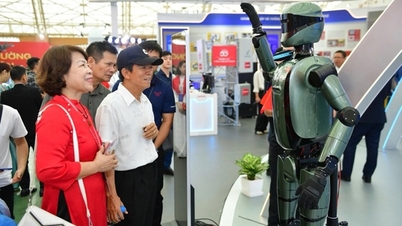



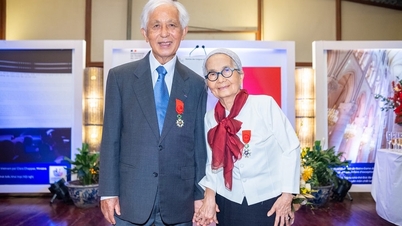
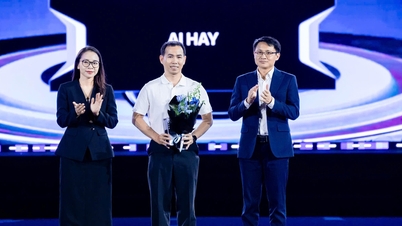

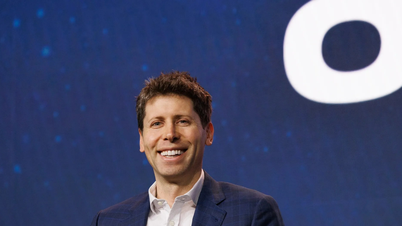
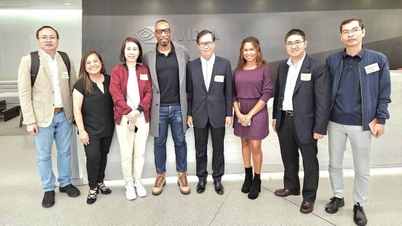





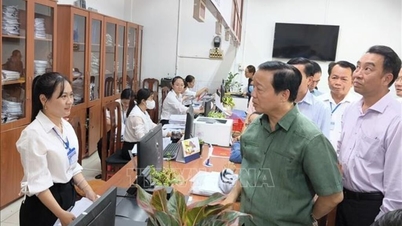
















































































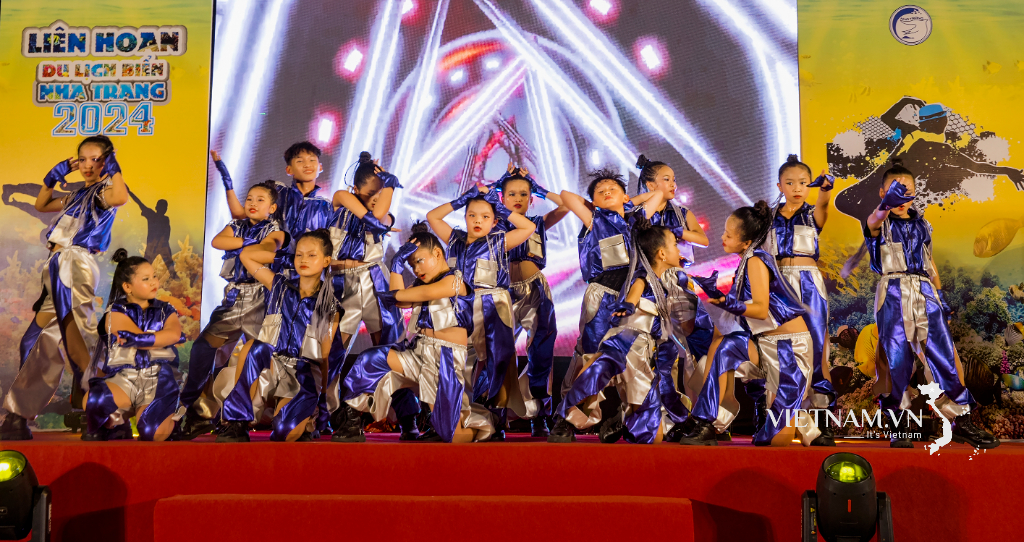
Comment (0)